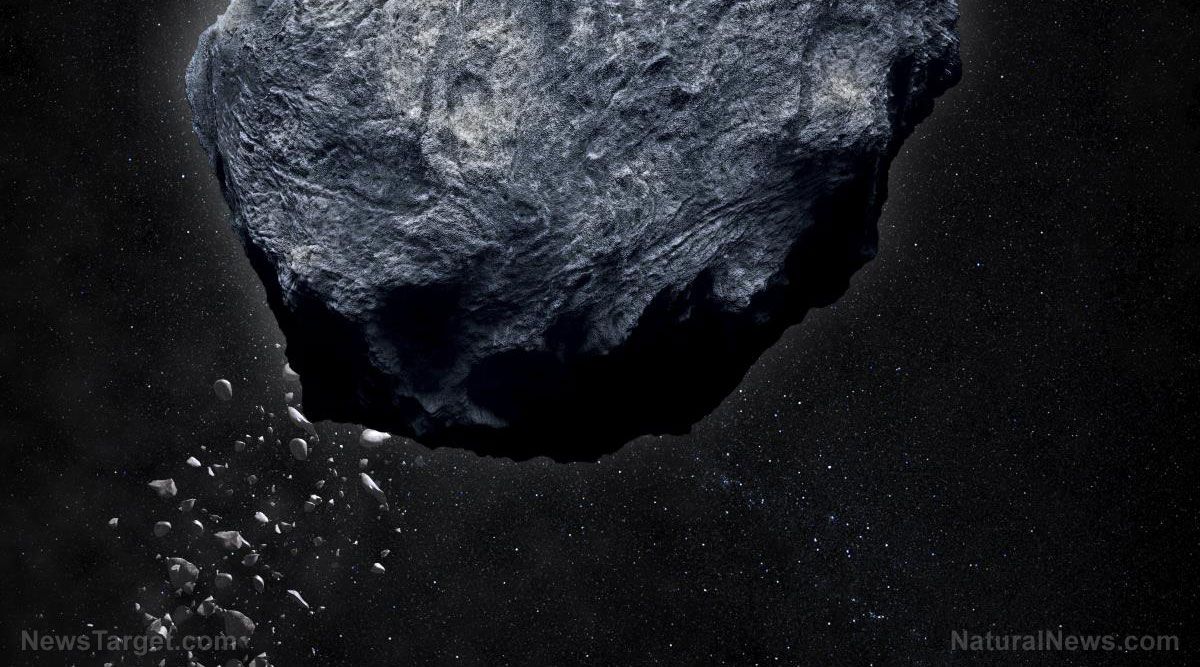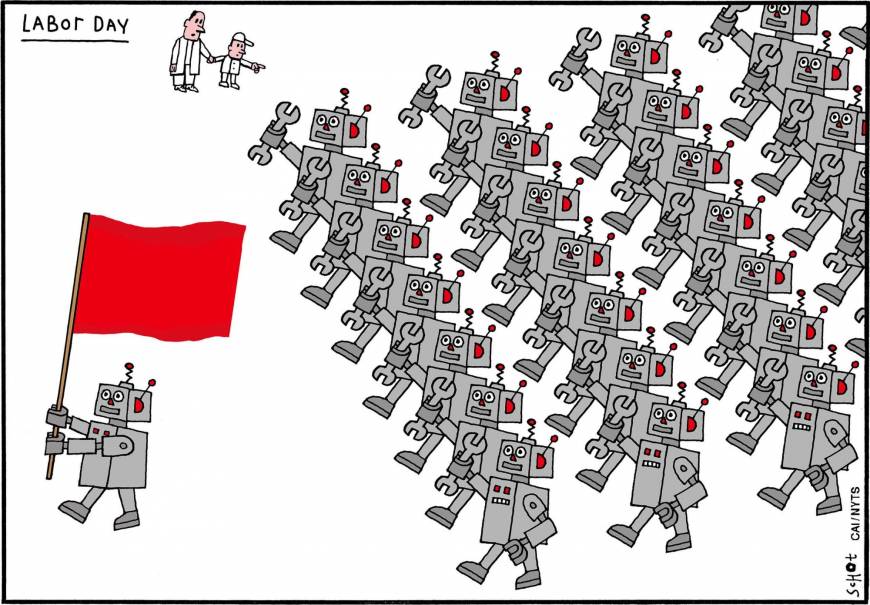“After decades of investing in finance, treasury, and risk management systems, why are some CFOs still not able to meet their boards’ expectations for information and insights?”


“After decades of investing in finance, treasury, and risk management systems, why are some CFOs still not able to meet their boards’ expectations for information and insights?”
[youtube_sc url=“https://www.youtube.com/watch?v=aT6YOvgpmAc”]
“Former Executive Secretary to UNFCCC, Christiana Figueres has laid down a challenge to UNEP FI’s banking members, and the wider finance industry to increase their allocations to low carbon investments to avoid a 2 degrees scenario. Watch her recording which she made for participants at UNEP FI’s Europe Regional Roundtable on Sustainable Finance which took place in October 2017.”
[youtube_sc url=“https://www.youtube.com/watch?v=PKRIW2yc5WA”]
“Former Vice President and Chairman of Generation Investment Management, Al Gore, introduces PRI, UNEP FI and The Generation Foundation’s Fiduciary duty in the 21st century programme. The project finds that, far from being a barrier, there are positive duties to integrate environmental, social and governance factors in investment processes.”

“UNISPACE+50 will celebrate the fiftieth anniversary of the first United Nations Conference on the Exploration and Peaceful Uses of Outer Space. It will also be an opportunity for the international community to gather and consider the future course of global space cooperation for the benefit of humankind.
From 20 to 21 June 2018 the international community will gather in Vienna for UNISPACE+50, a special segment of the 61 st session of the Committee on the Peaceful Uses of Outer Space (COPUOS).”

(Natural News) Space has become a veritable goldmine of natural resources for many companies, yet can anyone lay claim to them? That’s the question legal experts claim will become relevant in the future as firm turn to the stars for precious metals and minerals, and it’s one that also needs to be answered as soon as possible to avoid hostility between competing firms and countries.
Barry Kellman, law professor of space governance at DePaul University in Chicago, explained: “There is a huge debate on whether companies can simply travel to space and extract its resources. There is no way to answer the question until someone does it.”
According to one international treaty, this need not even be an issue. The Outer Space Treaty of 1967, formally known as the Treaty on Principles Governing the Activities of States in the Exploration and Use of Outer Space, Including the Moon and Other Celestial Bodies, has served as the main standard for sharing space. As per the 1967 treaty, no single country can claim “national appropriation” of celestial bodies “by occupation or by other means”. (Related: MINING just one large asteroid could COLLAPSE the world economy due to surge of new supply for valuable metals.)
“An organization, and ultimately its impact, can be fundamentally defined by how it manages the dual challenge of innovating and building on its existing strengths, or ‘scaling’ as Johanna Mair and Christian Seelos suggest in their new book, Innovation and Scaling for Impact.”

“Clean energy purchases projected to reach 80 percent by 2050.”

“To Systrom, it’s pretty simple: Freedom of speech does not mean the freedom to @&#$post.”

“As technology advances, the challenge of job creation grows more pressing”

“In May, GM spent $1 billion to buy Cruise Automation, a small startup with promising self-driving software.”